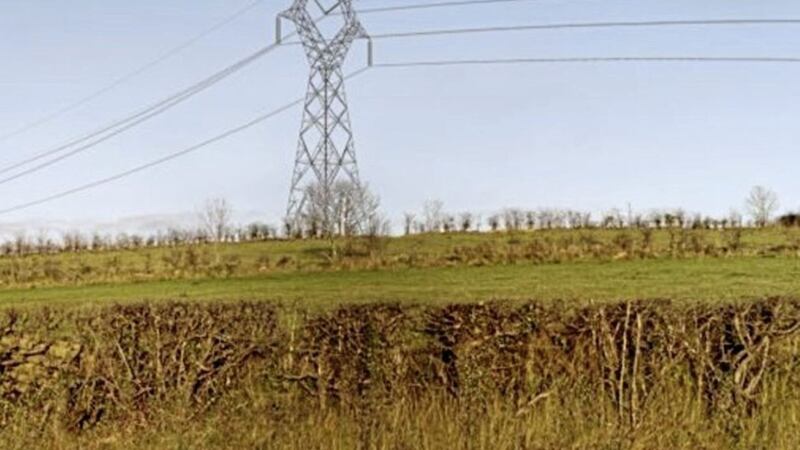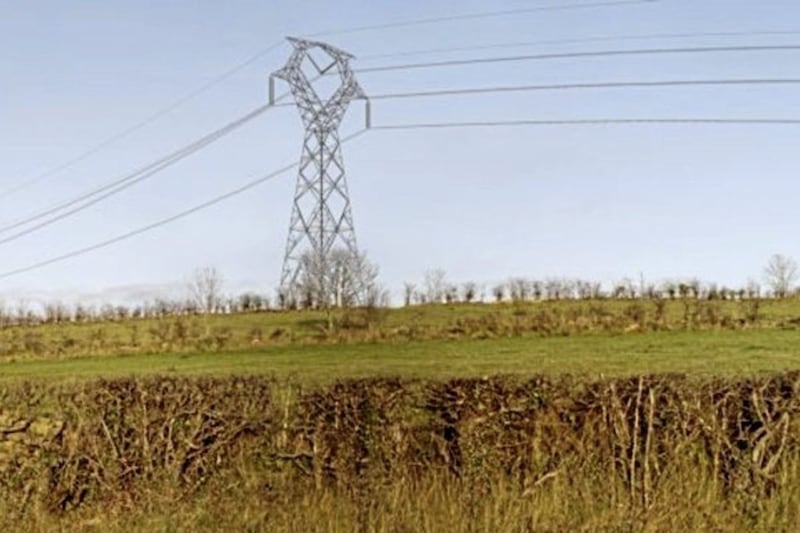THE Supreme Court has upheld a ruling over An Bord Pleanála's granting of planning permission for the controversial North-South Interconnector.
The North East Pylon Pressure Campaign had taken the case following the High Court's decision rejecting their challenge to the permission to run an overhead line circuit linking an existing substation in Woodland, Co Meath, with a planned substation in Turleenan, Co Tyrone.
A four-judge Supreme Court ruled that the earlier High Court decision was reasonable.
The court had agreed to hear an appeal on issues, including whether An Bord Pleanála was lawfully designated by the state as a "competent authority".
It also agreed to look at whether its functions in that role created a conflict in respect of its role in approving the proposed development.
The Supreme Court found it was a competent authority.
The section of the project in Ireland was granted planning permission by An Bord Pleanála in December 2016 following a planning process which included an eleven week oral hearing.
Speaking outside the court following Tuesday's judgement, Eirgrid's spokesperson David Martin said it was" great news for electricity customers".
"We are now delighted to be in a position to move forward with the project."
There are no more legal avenues open to opposition groups in the Republic, however it remains subject to challenge in the north.
Earlier this month a group of landowners in Northern Ireland won a legal challenge to approval being given for the cross-border electricity line.
Lawyers argued that a development of such regional significance needed to be signed off by a minister.
The challenge centred on the legal power of civil servants to take decisions without a functioning executive at Stormont.








